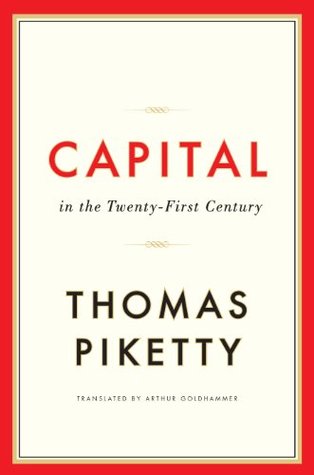The society of rentiers that flourished in the Belle Époque was not a society of the past based on static landed capital: it embodied a modern attitude toward wealth and investment. But the cumulative inegalitarian logic of r > g made it prodigiously and persistently inegalitarian. In such a society, there is not much chance that freer, more competitive markets or more secure property rights can reduce inequality, since markets were already highly competitive and property rights firmly secured.
Welcome back. Just a moment while we sign you in to your Goodreads account.


